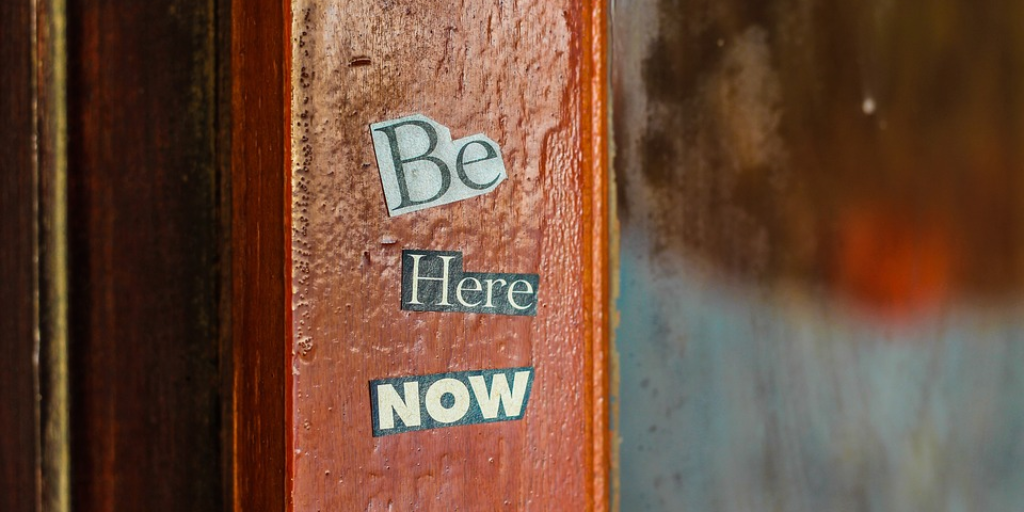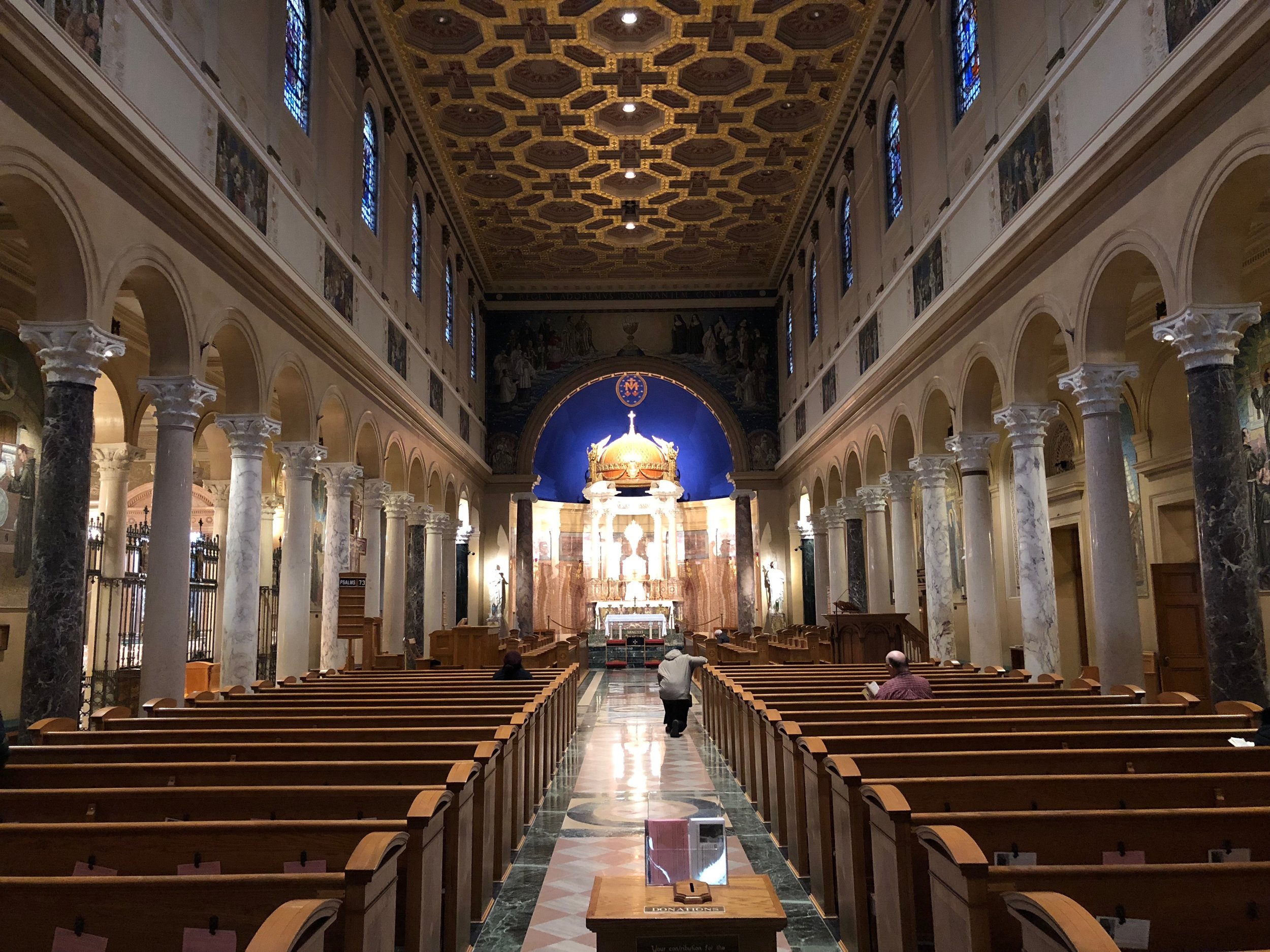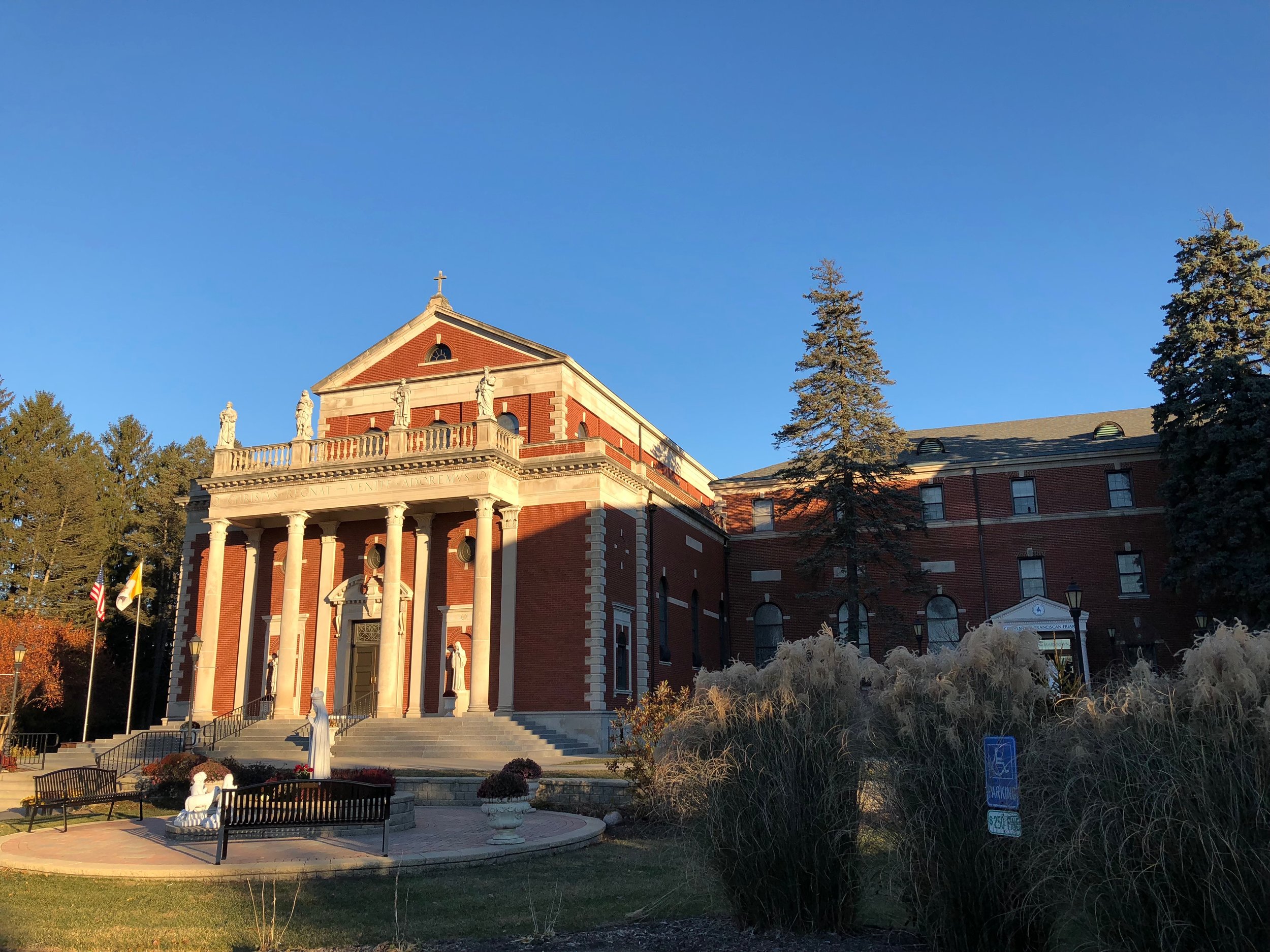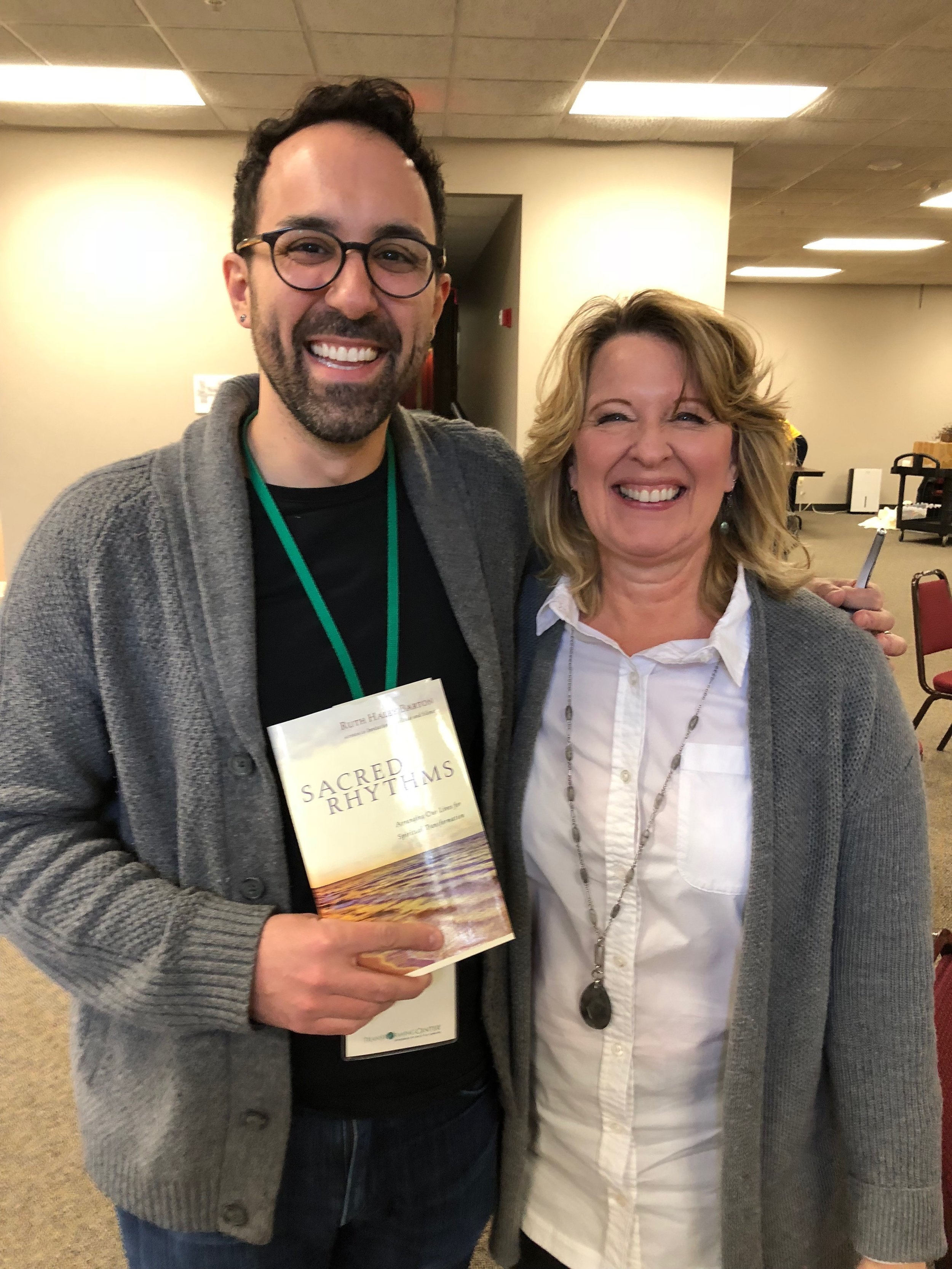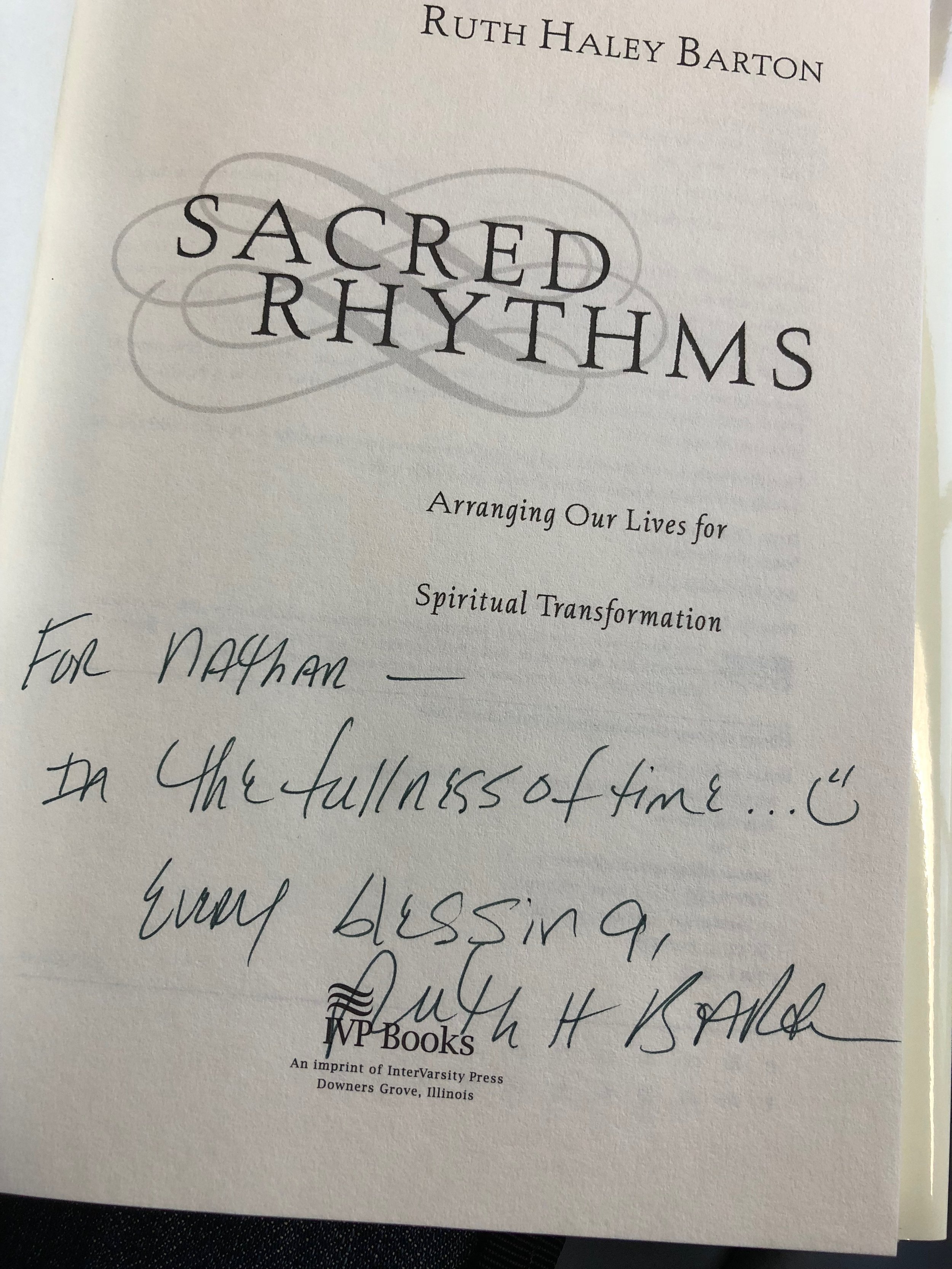Last week, I introduced you to a new noun, Ecumenical, and why Evangelical has become tainted. In today’s post, I want to walk you through my new definition of the term.
Even though the original intent of the word has merit, I think Ecumenical is a better term than Evangelical. It is a term that might embody what the Jesus tradition is all about and allow us to tell a great and hopeful story, one that people are longing to hear.
As an adjective, ecumenical means promoting unity and oneness among the world’s Christian churches. It seeks cooperation and better understanding among different Christian traditions. It values the beauty of diversity, names and embraces our differences, sees everyone as members of the same community, all the while not letting these things bring division. A lofty goal, for sure.
Ecumenical comes from the Greek oikoumene, which can mean “the whole inhabited earth.” It’s used in a handful of different ways in the Christian scriptures, but many branches of Christianity have used it to denote the catholicity or the universality of the Church.
I have found that ecumenicalism is a movement back to the essentials, back to the apostolic faith, back to the affirmation of the Nicene and Apostle’s creeds, and back to the elements that actually unite all of us. Regardless of our traditions, if we’re honest, I think we can get on board with such a movement.
Before he was executed, Jesus prayed for all of us who would believe in him. A simple and profound prayer, Jesus prayed that, despite our differences, we might be one. He didn’t pray that we would be theologically correct in all doctrines, or that we would memorize the Bible, or that we would all be in the same church, or that we would all think or pray or worship the same way. He prayed an ecumenical prayer over us. He prayed that we would be one so that all people will know God loves them and sent them Jesus.
Does that blow your mind? It does mine.
So, when the Christian Church is one, unified, or ecumenical, that will be how all people will know that God loves them and became visible and knowable in the person of Jesus. That’s how the incarnation of Christ will continue….when we become Ecumenicals. It’s right there in our beloved scriptures and right there in Jesus’ prayer.
I’m realizing that this wasn’t what I was taught. Oneness wasn’t an esteemed value. Instead, I was taught my ‘one’ tradition was better than all the other false ones out there. I heard this message in each tradition I’ve been a part of. Those other Christian traditions were wrong and we were right and knew the real truth. Because they weren’t like us, they had no place with us. Such divisive hubris.
Additionally, particular spiritual practices or rhythms that seemed too Catholic or too Orthodox or too traditional had no place in our lives. What deeply saddens me is that in an effort to be uniquely relevant, we stripped away so many spiritual practices, rhythms, and liturgies that we ended up losing richness, depth, and beauty, and we became irrelevant.
I think we can do better. I think we can live better as Ecumenicals.
Stay tuned. In my next post, I will show you how to be an Ecumenical.






